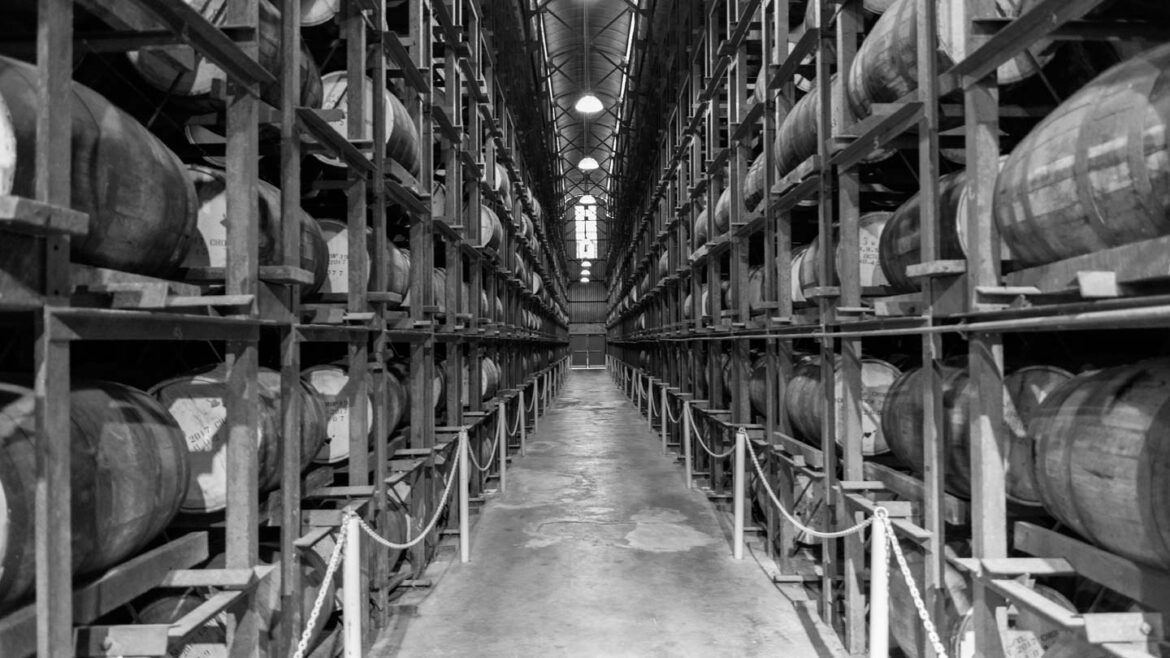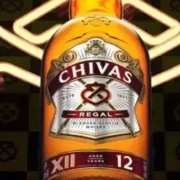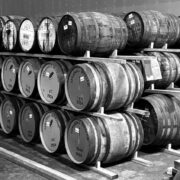
For whisky lovers and investors alike, buying a whisky cask can be one of the most exciting journeys. Beyond the allure of owning a piece of Scotland’s liquid heritage, a cask represents a tangible investment that matures over time. However, the process of buying a whisky cask is not as simple as picking a bottle off the shelf. For first-time cask buyers, the process can feel overwhelming without proper guidance. This step-by-step guide explains everything you need to know about purchasing a whisky cask, from selection and legal documentation to storage and eventual resale.
Why Consider Buying a Whisky Cask?
Whisky casks have grown in popularity as both an alternative investment and a passion project. Unlike stocks or bonds, a whisky casks ownership of a physical asset that is both rare and valuable.
The main benefits include:
- Potential appreciation in value as whisky matures.
- Exclusivity and rarity since every cask is unique.
- Flexibility of exit strategies including resale or bottling.
- Personal enjoyment for whisky enthusiasts who want to bottle their own spirit.
A well-chosen cask can appreciate significantly, especially if it comes from a respected distillery or has been aged for many years.
Step 1 – Understanding the Whisky Cask Market
Before purchasing a cask, it is essential to understand the market. Whisky cask sales are influenced by several factors such as distillery reputation, global demand, age of the spirit and the type of cask used for maturation.
Key players in the whisky cask industry include distilleries, brokers, private sellers and specialist investment firms. For beginners, working with a reputable broker ensures transparency and reduces the risk of falling into scams or overpriced deals.
Risks also exist. Not every cask will appreciate in value at the same rate. Buyers must consider the costs of storage, insurance and future bottling, which can affect overall returns.
Step 2 – Selection Criteria for Your Cask
Choosing the right whisky cask is one of the most important steps. Several factors determine the future value of your investment:
- Cask size: Smaller casks may mature faster, while larger casks allow for long-term storage and higher yields.
- Cask age: Older whisky typically commands higher value but comes at a higher upfront price.
- Distillery reputation: Prestigious distilleries often produce casks that are more attractive to future buyers.
- Cask type: Sherry, bourbon and wine casks impart different flavours, which can influence the whisky’s desirability.
- Investment goals: Decide whether you want to sell the cask, bottle it for personal use, or hold it long-term as an appreciating asset.
Step 3 – Legal Documentation and Compliance
Buying a whisky cask is not a handshake deal. It requires legal documentation to ensure the buyer has clear ownership rights. The contract should detail the cask number, distillery origin, warehouse location and transfer of ownership.
It is also important to understand UK regulations, including those enforced by the Scotch Whisky Association. Compliance ensures that the whisky remains authentic and legally recognised as Scotch whisky.
Common pitfalls for first-time buyers include unclear agreements, hidden fees, or incomplete documentation. Ensuring that all paperwork is reviewed and verified protects your investment.
Step 4 – Cask Registration and Ownership
Once purchased, your cask must be registered in your name at a bonded warehouse or under the a companies custodianship where you are still the legal owner. This official record proves ownership and secures your asset.
A bonded warehouse is a government-approved facility where whisky is stored under strict regulations. Registering your cask ensures that when you decide to sell or bottle it, the transfer process is straightforward and legally valid.
Ownership transfer is typically handled by your broker or the warehouse, but it is your responsibility to ensure the cask is legally recorded in your name.
Step 5 – Storage, Insurance and Management
Whisky must be stored in a secure, climate-controlled environment to mature properly. For this reason, casks are kept in bonded warehouses across Scotland.
In addition to storage, insurance is crucial. It protects your investment against risks such as fire, theft, or damage. A reputable broker will often include insurance coverage as part of their service.
Ongoing management is also important. Periodic checks can be made on the cask’s condition and maturation process and buyers may request samples to assess quality over time.
Step 6 – Exit Strategies: Selling or Bottling Your Whisky
Eventually, every whisky cask owner must decide whether to sell or bottle their whisky. Both options come with advantages.
- Selling: Casks can be sold to private buyers, collectors or at auction. Resale values vary based on age, distillery reputation and market conditions.
- Bottling: Some owners prefer to bottle their whisky for personal consumption, gifts or limited edition sales. Bottling requires additional costs, including excise duty, bottling fees and labeling, but can yield high returns for rare and aged whisky.
Expert Tips for First-Time Cask Buyers
To make the process smoother, first-time buyers should keep a few expert recommendations in mind:
- Work only with licensed brokers or firms with proven credibility.
- Ask for complete documentation, including warehouse details.
- Be wary of promises of guaranteed returns.
- Understand the long-term nature of cask investment.
- Always insure your cask.
By following these tips, first-time buyers can confidently enter the world of whisky cask ownership.
Conclusion
Buying a whisky cask is both a rewarding passion and a potential investment opportunity. With careful planning, clear documentation, and expert guidance, first-time buyers can successfully navigate the process. From selecting the right cask to storing it securely and planning an exit strategy, every step is crucial to ensuring long-term value.
If you are ready to begin your journey into whisky cask ownership, Vintage Acquisitions can guide you through every stage of the process. Our team of experts ensures transparency, compliance, and quality at every step. Contact us today to learn how to purchase your first whisky cask with confidence.
Frequently Asked Questions
- How much does it cost to buy a whisky cask?
Prices vary depending on the distillery, age and cask type. Entry-level casks may start at a few thousand pounds, while older or rare casks can reach six figures. - Can I visit my cask?
Yes, Campbeltown Bond allow owners to schedule visits, though appointments are usually required. - How long should I hold a cask before selling?
Typically, investors hold casks for 5 to 10 years to maximise returns, though this depends on market trends and whisky age. - What happens if my cask leaks or loses volume?
All casks experience natural evaporation known as the “angel’s share.” Insurance helps protect against excessive loss. - Do I need a license to own a whisky cask?
No license is required for ownership. However, bottling and selling whisky are regulated processes that must comply with UK law.

